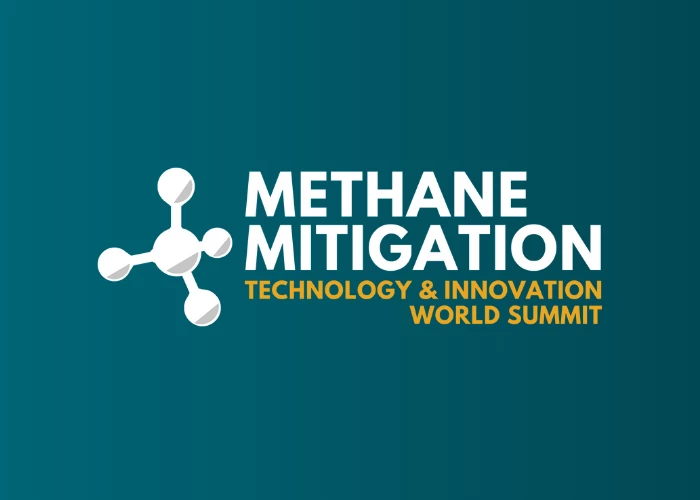What Can Oil and Gas Companies Do to Attract Workers?
Add bookmark
The oil and gas industry has been facing a significant challenge in recruiting and retaining skilled workers for over a decade. The current workforce is aging and there is a shortage of new talent entering the industry.
The challenge is compounded by rising global demand for crude oil (set to rise by 1.9 mb/d in 2023, to a record 101.7 mb/d).
Yet even with healthy profits and an annual revenue of over $5 trillion, the global oil and gas exploration and production industry struggles to attract new and younger workers to the sector.
To overcome this challenge, companies need to focus on attracting and retaining the next generation of workers through a combination of innovative strategies, recruitment, training, and retention programs.
Investing in education and training programs is crucial to build the skills and knowledge of the existing workforce. According to a report by McKinsey & Company, the global oil and gas industry will need to fill 1.9 million skilled positions by 2025.
The industry also needs to prepare for the future, as more than one third of the energy workforce is made up of millennials — and that level will increase to 41 percent by 2025, according to SHALE Magazine.
Companies like ExxonMobil have established partnerships with universities and vocational schools to provide relevant training and certification programs. In the US, for instance, ExxonMobil committed over $1.8 million to the Community College Petrochemical Initiative (CCPI), an initiative that trained students for high-skill jobs in the petrochemical industry that are in high demand.
ExxonMobil is also working with approximately 80 universities around the world to explore next-generation energy technologies.
Companies need to showcase their technological capabilities to appeal to young workers. The oil and gas industry has been slow to adopt new technologies, but with the rise of the digital age that needs to change.
Shell has partnered with Google Cloud to develop an app that allows workers to access real-time data on oil and gas production. The app, called the Oil and Gas Learning and Development Platform, provides workers with access to training modules, videos, and other resources, making their jobs more efficient and exciting.
Shell’s use of virtual, immersive learning – an example of which Shell has made available online – has delivered more than 12,000 virtual lessons, saving the business $200m after development costs, according to an article in Computer Weekly.
Jorrit van der Togt, Executive Vice President Shell Downstream HR, said the company’s investment in virtual learning is part of a 15-year digital transformation journey for the business that has delivered benefits quickly, with the promise of more to come.
The oil and gas industry has traditionally been male-dominated, and women and minorities are significantly underrepresented. Companies need to take proactive steps to increase their representation to attract a broader range of talent.
BP has set a target to increase the number of women in leadership positions to 25% by 2025 and has launched programs to support the development and advancement of women in the industry. As of 2020, BP had 20% of its leadership positions held by women, which is an increase from 15% in 2018.
To attract and retain skilled workers, companies need to offer competitive salaries and benefits packages. TotalEnergies offers a comprehensive benefits package that includes health insurance, retirement savings, and tuition reimbursement. According to Glassdoor, the total pay for a petroleum engineer in the United States is $113,787 per year, with an average base-salary of $91,347 per year.
The oil and gas industry has been criticized for its impact on the environment, and companies need to address these concerns and showcase their efforts to reduce their environmental footprint.
Chevron has invested in clean energy projects and has committed to reducing its greenhouse gas emissions by 50% by 2025. In 2020, Chevron announced a $300 million fund to invest in low-carbon technology, including renewable natural gas, hydrogen, and carbon capture and storage.
In conclusion, the oil and gas industry can overcome the skills shortage by investing in education and training programs, embracing technological advancements, promoting diversity and inclusivity, offering competitive salaries and benefits, and promoting a positive image of the industry. These efforts will help attract and retain the next generation of skilled workers and ensure the industry's continued success.
Interested in learning more about this topic?
Grigor Bambekov will be speaking at our upcoming Operational Excellence in Oil and Gas conference taking place this November in Houston. Download the event agenda for more information.























